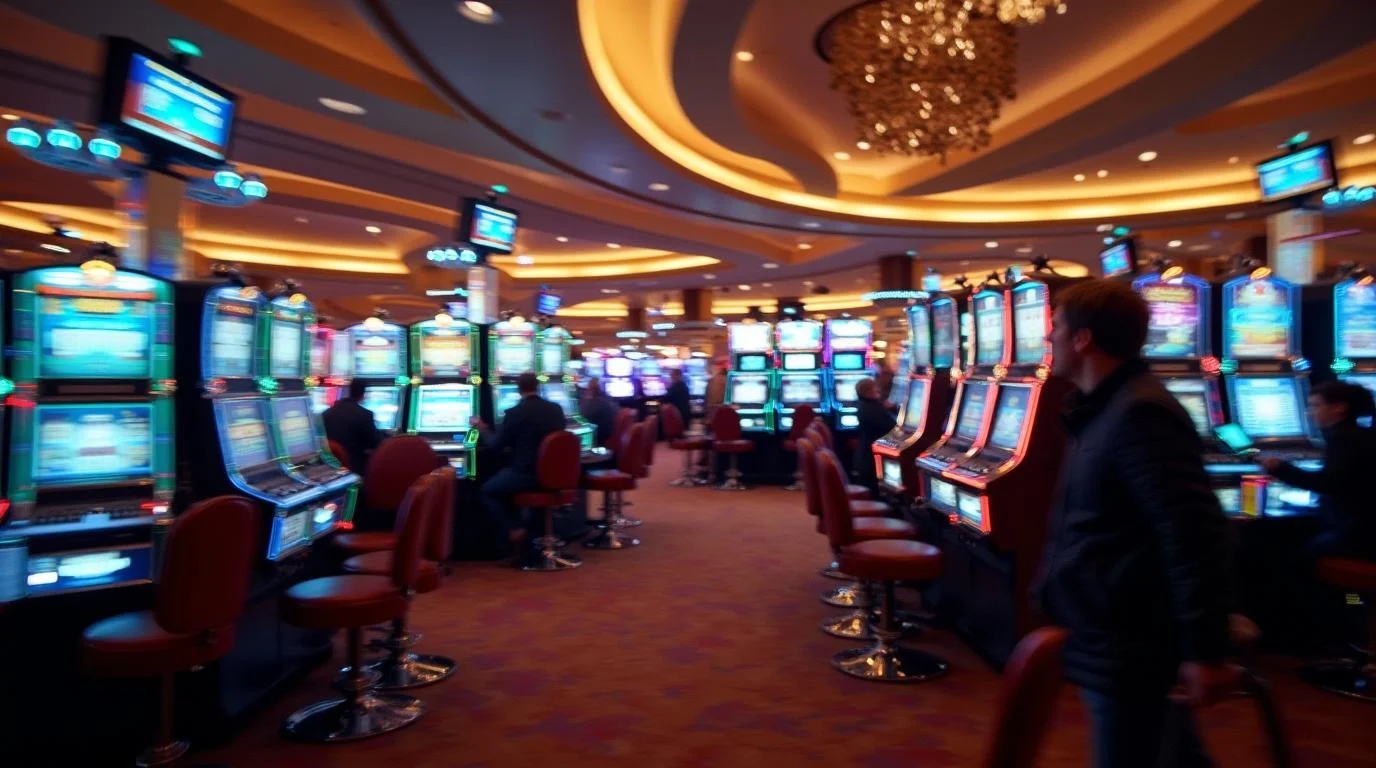New Jersey Court Rules in Favor of Smoking in Atlantic City Casinos

1.0
Default
Atlantic City casinos will continue to allow smoking, as a New Jersey court dismissed a lawsuit that challenged smoking within Atlantic City's casino floors. Casino workers in NJ sued Atlantic City casinos and went against a 2006 Smoke-Free Act that banned smoking in most places - except for casinos in Atlantic City.
The long-standing debate over smoking in Atlantic City's casinos took a significant turn this week, as a New Jersey Superior Court judge dismissed a lawsuit defying the state's allowance of tobacco use on the gaming floors. The decision ensures that the controversial practice will continue, despite growing opposition from casino workers and public health advocates.
The legal challenge from casino workers
The legal challenge was spearheaded by the United Auto Workers (UAW) union, representing table game dealers, and Casino Employees Against Smoking's Effects (CEASE), a group advocating for a smoke-free workplace. The plaintiffs argued that the 2006 Smoke-Free Air Act, which prohibits indoor smoking in most public places but exempts Atlantic City's casinos, violated the New Jersey Constitution's protections for workers' health and safety.
However, Judge Patrick Bartels ruled against the plaintiffs, stating that the New Jersey Legislature's decision to allow smoking in casinos does not infringe upon workers' constitutional rights. In his opinion, Bartels highlighted the public's awareness of the risks associated with secondhand smoke and noted that the Smoke-Free Air Act does not prevent individuals from seeking employment in smoke-free environments.
Given the known risks of secondhand smoke, the fact that smoking has not been banned in casinos except for a brief period during the COVID-19 pandemic, and that the exceptions to the Smoke-Free Air Act are limited to a few industries, it cannot be said that the Legislature's actions restrict casino workers' right to pursue safety under the New Jersey Constitution, Bartels stated.
The exemption controversy
The 2006 Smoke-Free Air Act was designed to protect the public from the dangers of secondhand smoke by banning indoor tobacco use in most public spaces. However, the law carved out an exemption for Atlantic City's casinos, allowing them to designate up to 25% of their gaming areas for smoking. This exemption has been a point of contention for years, with critics arguing that it puts casino workers at unnecessary risk.
Every one of Atlantic City's nine casinos benefits from this exemption, allowing smoking in designated areas. Opponents of the exemption, including many casino workers, argue that smoke is not restricted by boundaries and that toxic secondhand smoke pervades the casino, affecting both smokers and non-smokers alike.
Potential for appeal
Despite the ruling, the battle over casino smoking in Atlantic City is far from over. Attorney Nancy Erika Smith, representing the UAW and CEASE, has vowed to appeal the decision to the NJ Supreme Court.
"While the rest of the nation moves away from poisoning workers for profits, New Jersey shames itself," Smith said in a statement following the ruling. "As long as the governor, the legislature, and the courts allow the extremely rich casino industry to poison its workers, we will continue our fight."
Meanwhile, the cofounder of CEASE, Lamont White, echoed Smith's sentiments, stating that the "fight is far from over." He expressed hope that the court's ruling would galvanize support in the state legislature to amend the Smoke-Free Air Act and eliminate the exemption on casino smoking.
Casinos' response
The ruling was met with relief by Atlantic City's casinos, which have faced significant financial pressures in recent years. The Casino Association of New Jersey, representing the interests of the industry, welcomed the decision as a victory for the city's nine gaming establishments.
"We are gratified by the court's decision to dismiss the plaintiff's complaint and deny its attempt to change the Smoke-Free Air Act outside of the legislative process," said the president of Resorts Casino and the Casino Association of New Jersey, Mark Giannantonio. He added that they look forward to continuing to work with stakeholders towards a beneficial solution that addresses the health concerns of their employees while also protecting the collective well-being and interest of the entire Atlantic City workforce.
While the immediate future of smoking in Atlantic City's casinos remains secure, the issue is unlikely to fade from public discourse. With an appeal to the state's highest court likely and continued pressure from health advocates and casino employees, the debate over balancing public health and economic interests in Atlantic City is set to continue.




















